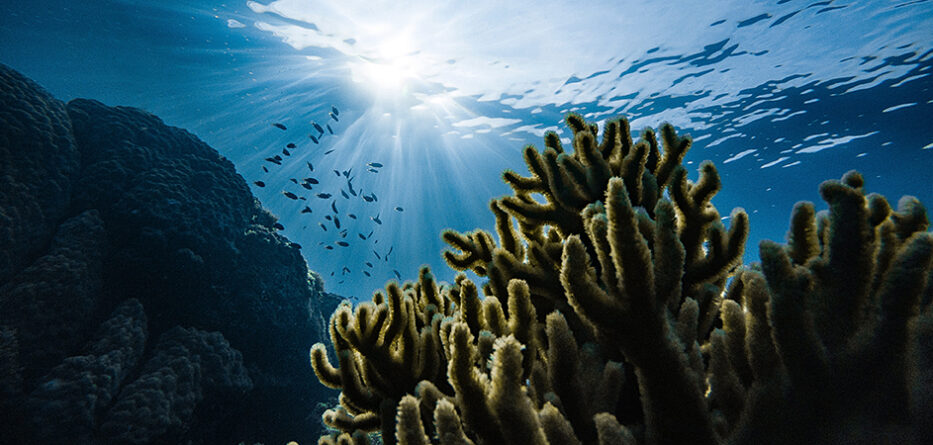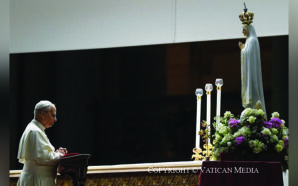Catholics are called to conserve and protect even the parts of creation that are not so cute.
Care for our common home, as Pope Francis frames our responsibility to care for the Earth, is central to our Christian faith. To be human, he notes in Laudato Si’ (On Care for Our Common Home), is to be in relationship not only with God and our neighbors, but “with the earth itself.” It can be hard to grapple with our relationship to the Earth. We are wholly and entirely dependent upon creation for our survival. At the same time, the magnitude of both climate change and our responsibility to respond is overwhelming.
Navigating the personal amidst the collective call to care for creation is difficult. It is easy to get stuck in feelings of guilt. Care for dolphins means protecting them from human threats such as pollution, ships, fishing nets, and balloons. Cleaning up the ocean is a good example of a moral duty that is necessarily collective as well as personal.
We are also called to conserve and protect even those parts of creation that are less cute—such as sharks. In her new book, Saving Us: A Climate Scientist’s Case for Hope and Healing in a Divided World (Atria), Katharine Hayhoe connects action on climate change to the love that is at the heart of the gospel. She argues that “it’s not only our responsibility, it’s who Christians believe God made us to be.”
To continue reading this article, click here.
Meghan J. Clark is an associate professor of theology at St. John’s University in New York. She is author of The Vision of Catholic Social Thought: The Virtue of Solidarity and the Praxis of Human Rights (Fortress).
With thanks to U.S. Catholic, a publication of the Claretian Missionaries, a Roman Catholic religious community of priests and brothers dedicated to the mission of living and spreading the gospel of Jesus.








